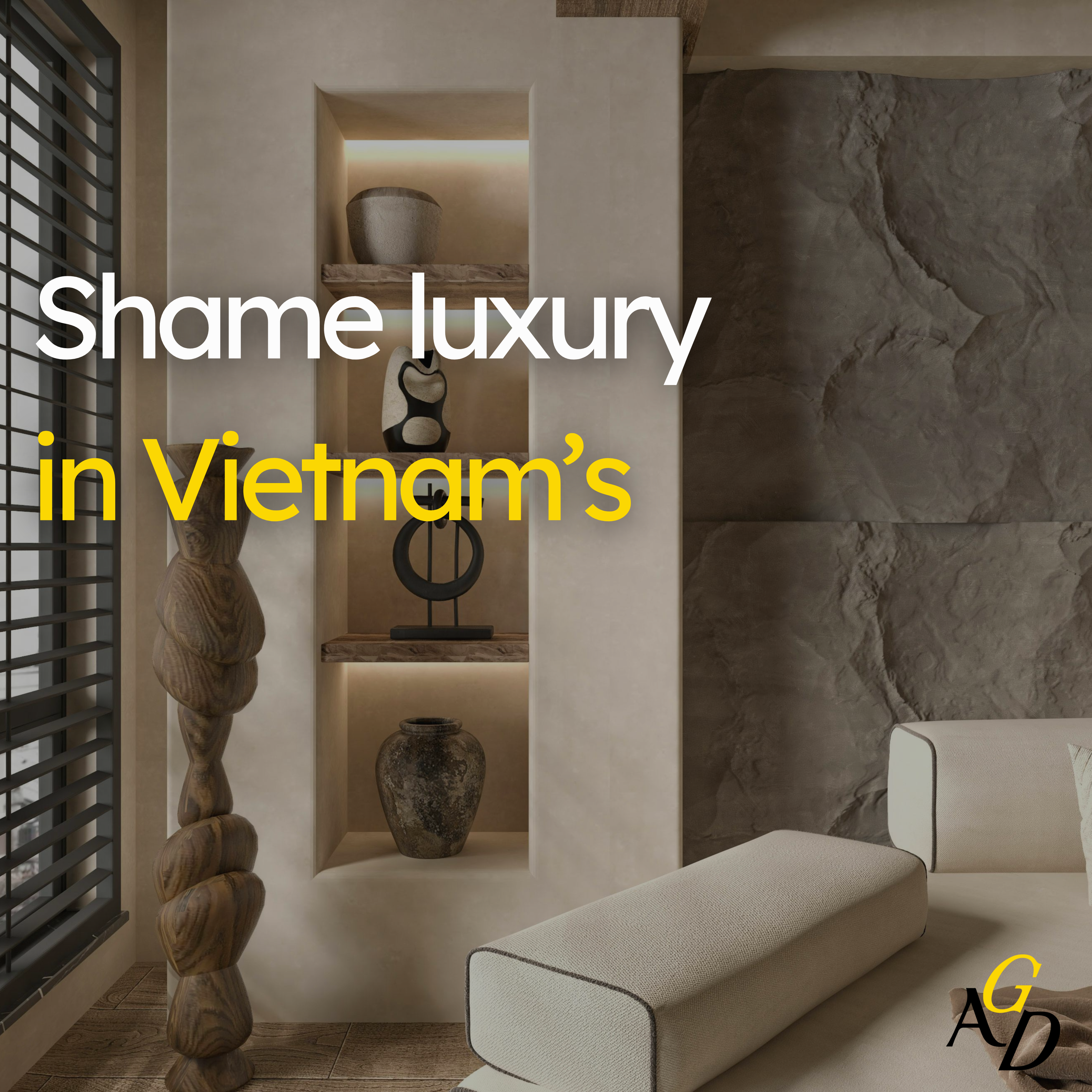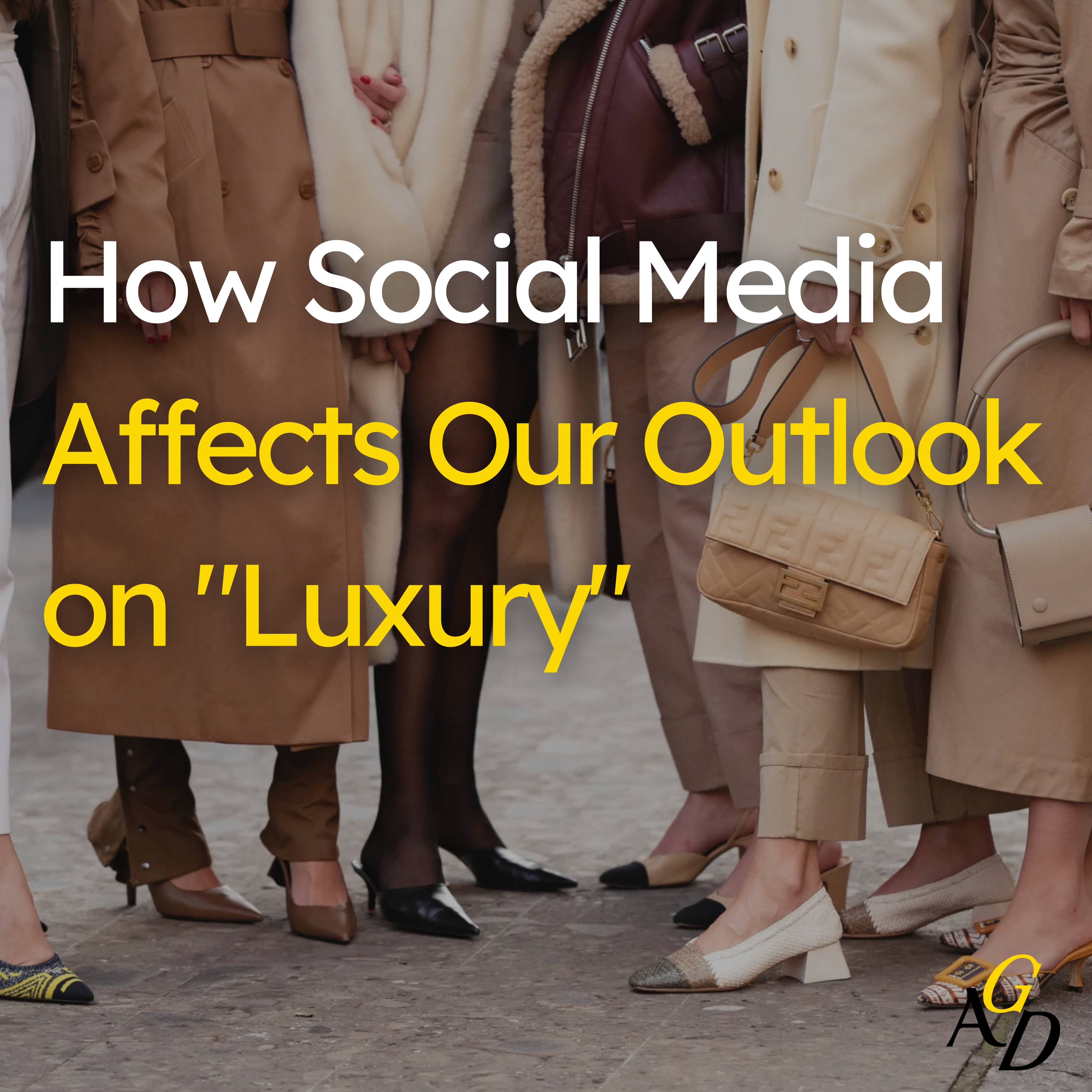Luxury Brands and Corporate Social Responsibility
Luxury brands, traditionally symbols of exclusivity and indulgence, are now finding it essential to engage in Corporate Social Responsibility (CSR) as a means of staying relevant and meeting evolving consumer demands. Once a segment driven purely by aesthetic appeal and material quality, the luxury sector is experiencing a shift toward more sustainable, ethical, and socially conscious practices. This shift reflects not only consumer expectations but also pressure from stakeholders, including investors and governments, to uphold responsible business practices. The challenge for luxury brands is to integrate CSR while preserving their exclusive, prestigious image. This essay will explore how CSR has become integral to luxury branding, examine the unique challenges faced by luxury brands in adopting CSR, and discuss successful examples of CSR implementation within the luxury sector, focusing on environmental protection, community investment, ethical business practices, and meaningful branding.
The importance of CSR for luxury brands
In the modern business landscape, CSR is not merely a choice; it is an expectation. Consumers today are more conscious of the ethical and environmental impact of their purchases, and this trend extends to the luxury sector. For luxury brands, which often have substantial resources and influence, embracing CSR serves as an opportunity to build trust with ethically minded consumers and differentiate themselves in a competitive market.
Luxury brands are particularly positioned to focus on CSR aspects such as environmental protection, community investment, ethical business conduct, and purpose-driven branding. These elements not only enhance the brand’s image but also align it with the values of modern, discerning consumers who seek products that reflect both quality and responsibility. By investing in sustainability, supporting local communities, maintaining fair labor standards, and building emotional connections with their audience, luxury brands are positioning themselves as leaders in the evolving landscape of responsible luxury.
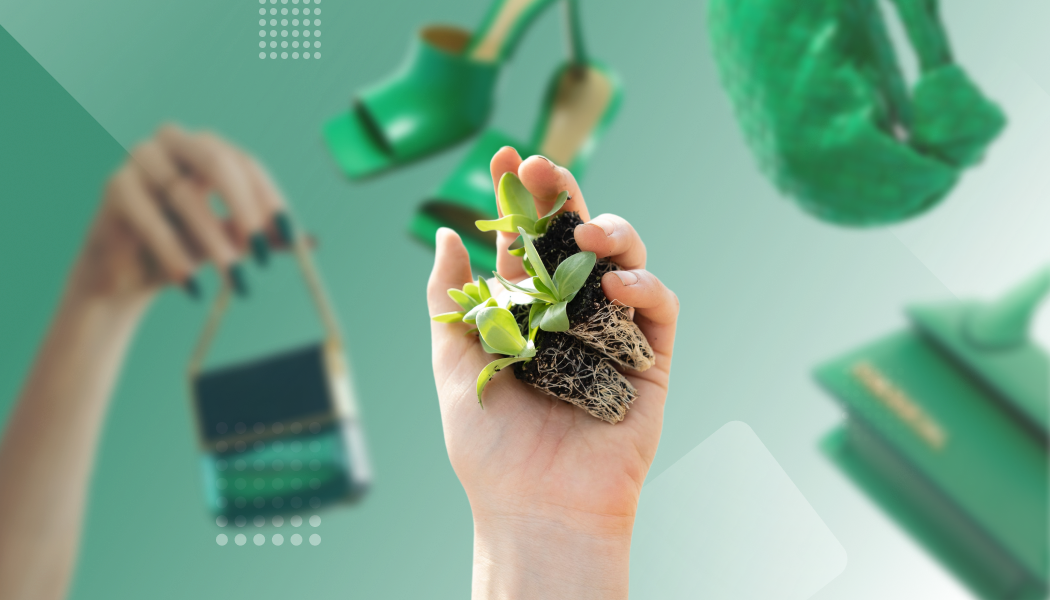
CSR and luxury: A contradiction?
At first glance, luxury and CSR may seem contradictory. Luxury goods are often associated with opulence, high price tags, and exclusivity, elements that might appear at odds with CSR’s principles of equality and sustainability. Additionally, luxury items can be viewed as unnecessary indulgences, potentially clashing with a commitment to sustainable and ethical values. This perceived contradiction poses a unique challenge for luxury brands, as they must balance the allure of exclusivity with a sense of social responsibility.
However, luxury brands are finding ways to bridge this gap. By adopting practices such as ethical sourcing and reducing environmental impact, luxury brands can uphold their prestigious image while demonstrating a commitment to sustainability. This balance allows them to appeal to a broader audience without diluting their brand’s essence.
Key Areas for CSR Implementation in Luxury Brands
To fully embrace CSR, luxury brands focus on several key areas, including ethical sourcing, environmental protection, social initiatives, and transparent business practices. These efforts not only address consumer expectations but also contribute to a more sustainable and ethical luxury industry.
Ethical sourcing is fundamental to luxury brands’ CSR efforts. By choosing responsibly sourced materials, luxury brands can ensure that their products do not contribute to environmental harm or unethical labor practices. For example, brands like Gucci and Hermès have prioritized sustainable sourcing, opting for certified materials that meet ethical and environmental standards. However, challenges remain in sourcing rare materials like animal skins, fur, and diamonds, as their ethical and sustainable availability is often limited.
Many luxury brands are actively working to minimize their carbon footprint and adopt eco-friendly practices in production and packaging. BMW, for instance, has introduced Efficient Dynamics technology to reduce the environmental impact of its high-end vehicles. Other luxury brands have begun to use biodegradable or recycled packaging to lessen their ecological impact. By reducing emissions and waste, luxury brands are setting an example of environmental responsibility for the entire industry.
Strategic philanthropy allows luxury brands to contribute positively to society while reinforcing their brand values. Estee Lauder’s “Pink Ribbon Products” campaign, for example, raises funds and awareness for breast cancer research, aligning the brand with an important cause that resonates with its consumers. Luxury brands also engage with local communities to preserve cultural heritage; for example, Italian brands like Bulgari and Fendi contribute to the preservation of historical monuments in Italy, underscoring their commitment to cultural conservation.
Examples of luxury brands embracing CSR
Numerous luxury brands have successfully integrated CSR into their business models, showing that responsible luxury is achievable. Below are a few examples, particularly from Vietnam, demonstrating how luxury brands can align CSR with brand values:
Annam Gourmet
Annam Gourmet, a premium retailer in Vietnam, emphasizes organic, eco-friendly products, supporting local producers by sourcing Vietnamese goods and promoting sustainable farming practices. The brand also engages in social initiatives to aid disadvantaged communities, showcasing a strong commitment to environmental sustainability and community investment. Through these efforts, Annam Gourmet appeals to consumers who prioritize responsible sourcing and local support.
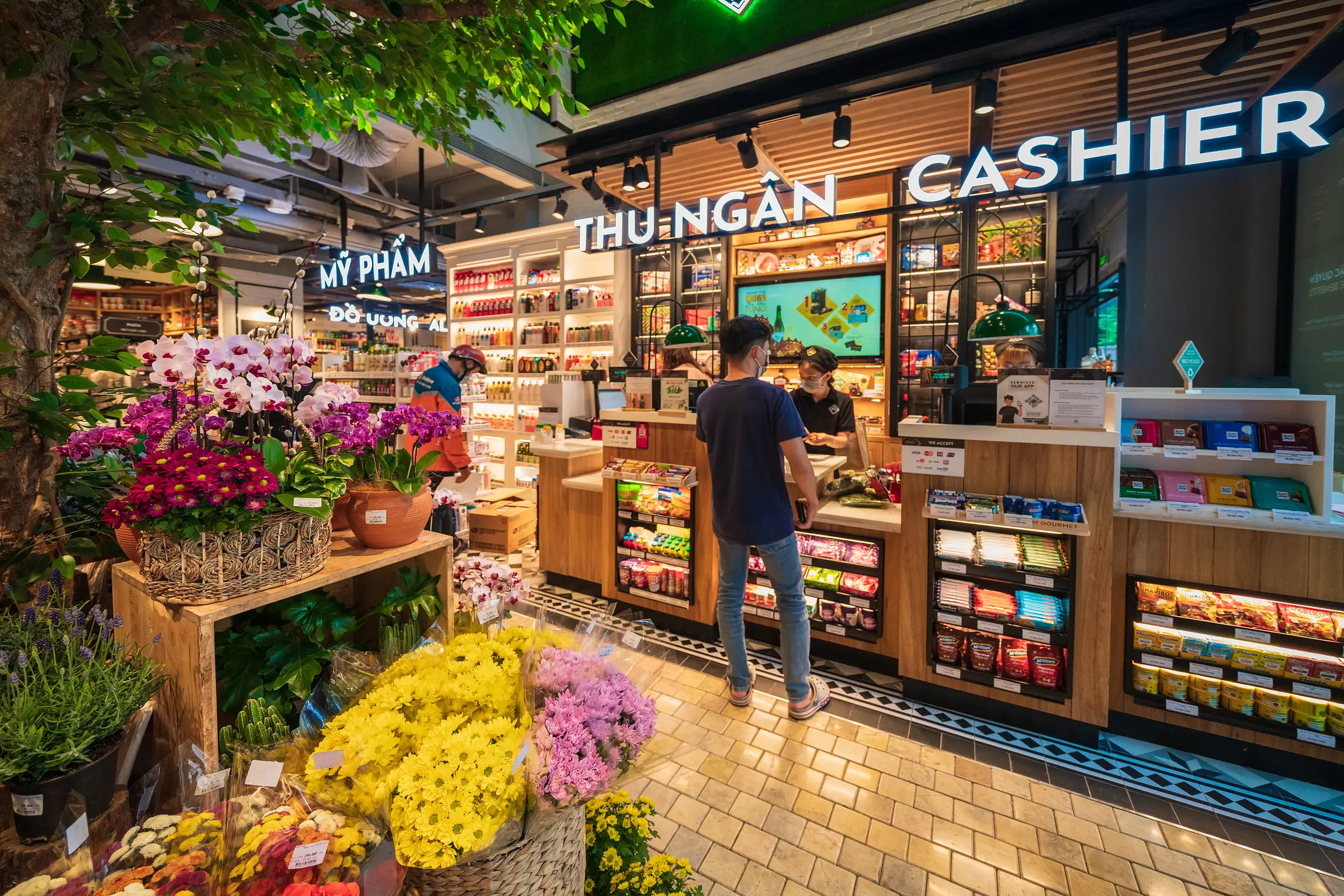
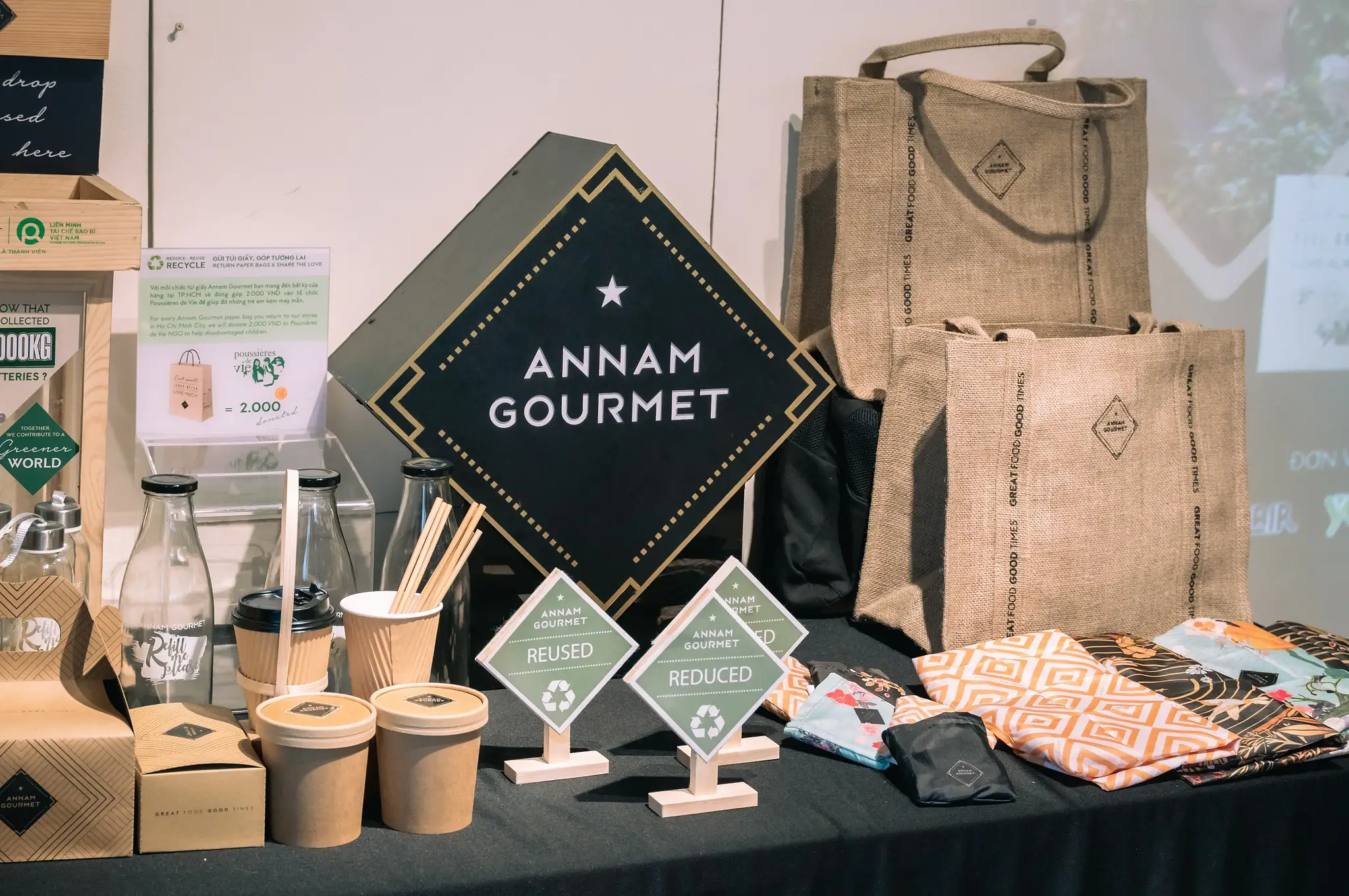
Six Senses Con Dao
Part of the Six Senses group, Six Senses Con Dao is a luxury resort known for its eco-friendly practices. It implements renewable energy sources, reduces plastic waste, and supports coral reef restoration projects, demonstrating its dedication to environmental conservation. Additionally, the resort actively hires local residents and supports educational projects within the community, contributing to social and economic sustainability in Con Dao. These initiatives exemplify how luxury resorts can combine CSR with a high-end guest experience.

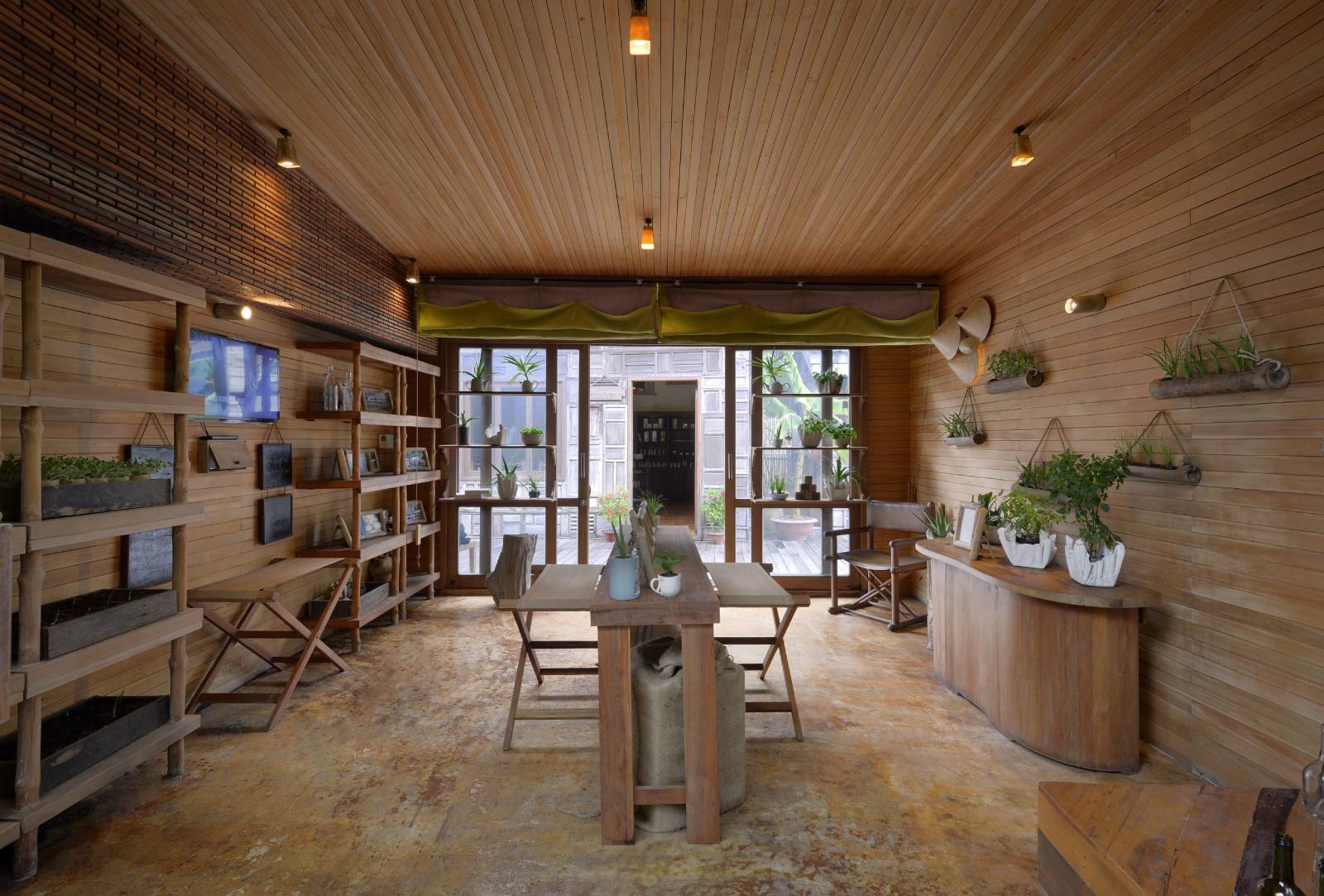
Marou Chocolate
Marou, a Vietnamese luxury chocolate brand, is recognized for its commitment to ethical sourcing and sustainable agriculture. By working directly with local cacao farmers, Marou ensures fair compensation while promoting environmentally friendly practices in cacao farming. This ethical sourcing approach not only supports local communities but also strengthens Marou’s brand identity as a premium chocolate producer committed to sustainability. Marou’s efforts showcase how luxury brands can prioritize both quality and responsible practices.
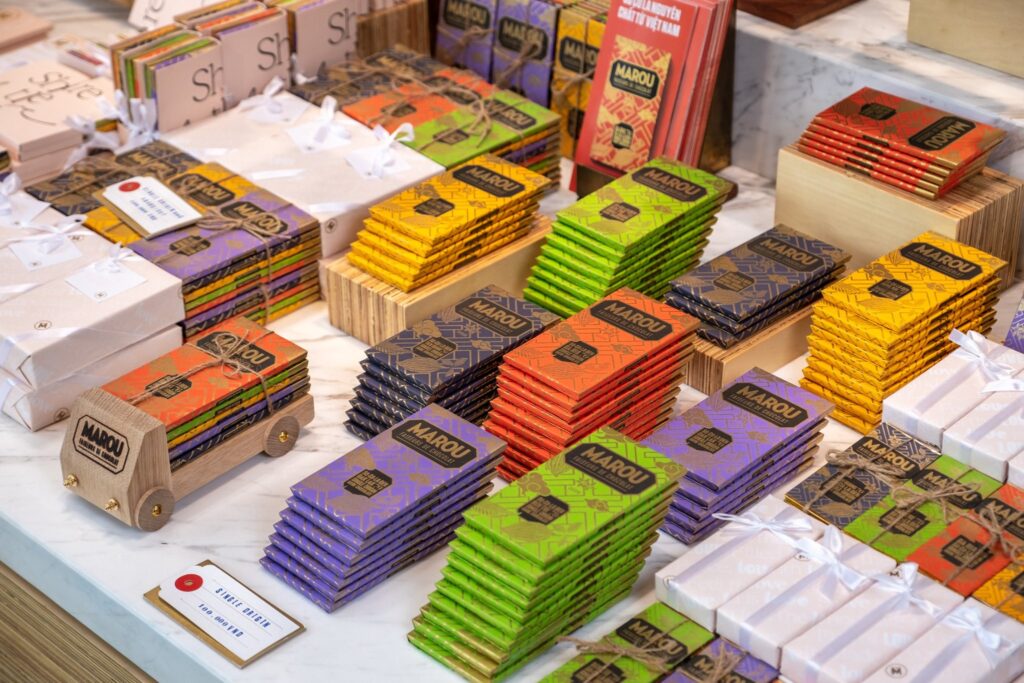
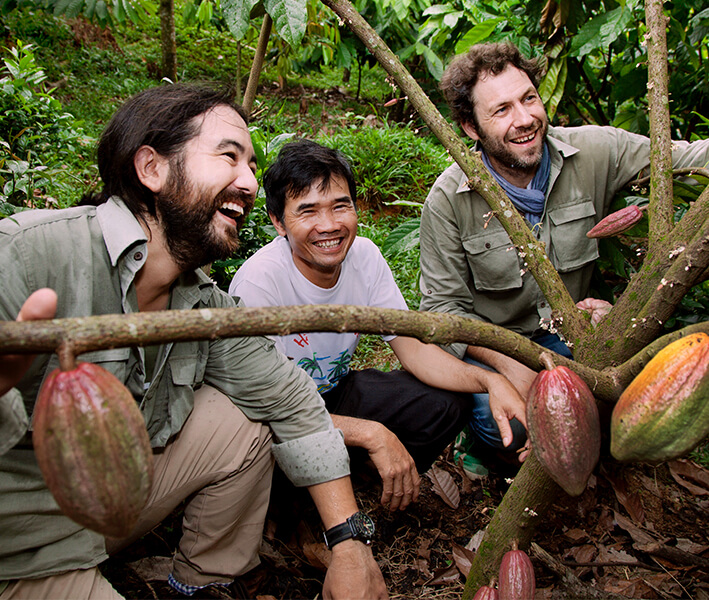
The intersection of luxury and CSR is a growing synergy. While luxury brands have historically been associated with exclusivity and materialism, the sector is increasingly finding ways to align with principles of social and environmental responsibility. Through ethical sourcing, environmental initiatives, community engagement, and meaningful brand connections, luxury brands are redefining what it means to be both prestigious and responsible.
The future of luxury is, indeed, responsible. As consumers become more ethically conscious, luxury brands that embrace CSR will not only appeal to this evolving consumer base but also secure long-term brand value. The examples of Annam Gourmet, Six Senses Con Dao and Marou Chocolate illustrate that luxury brands can successfully integrate CSR without sacrificing exclusivity. By doing so, these brands are setting a standard for the future of luxury—a future where elegance, quality, and responsibility are equally celebrated. AGD, a company consistently committed to social responsibility, partners with Vietnamese brands that meet the criteria of being premium, high-quality, sustainable, and socially, environmentally, and community responsible.
__________________________
Discover More on Instagram!
Let A GOOD DAY be your gateway to the future of luxury, offering bespoke digital and physical experiences that seamlessly bridge the gap between the real world and the virtual one. Discover how we’re redefining luxury, blending tradition with innovation, and bringing you unparalleled experiences in both digital and physical realms.
Follow us on Instagram @agdexperience to explore the luxury of tomorrow, today.


